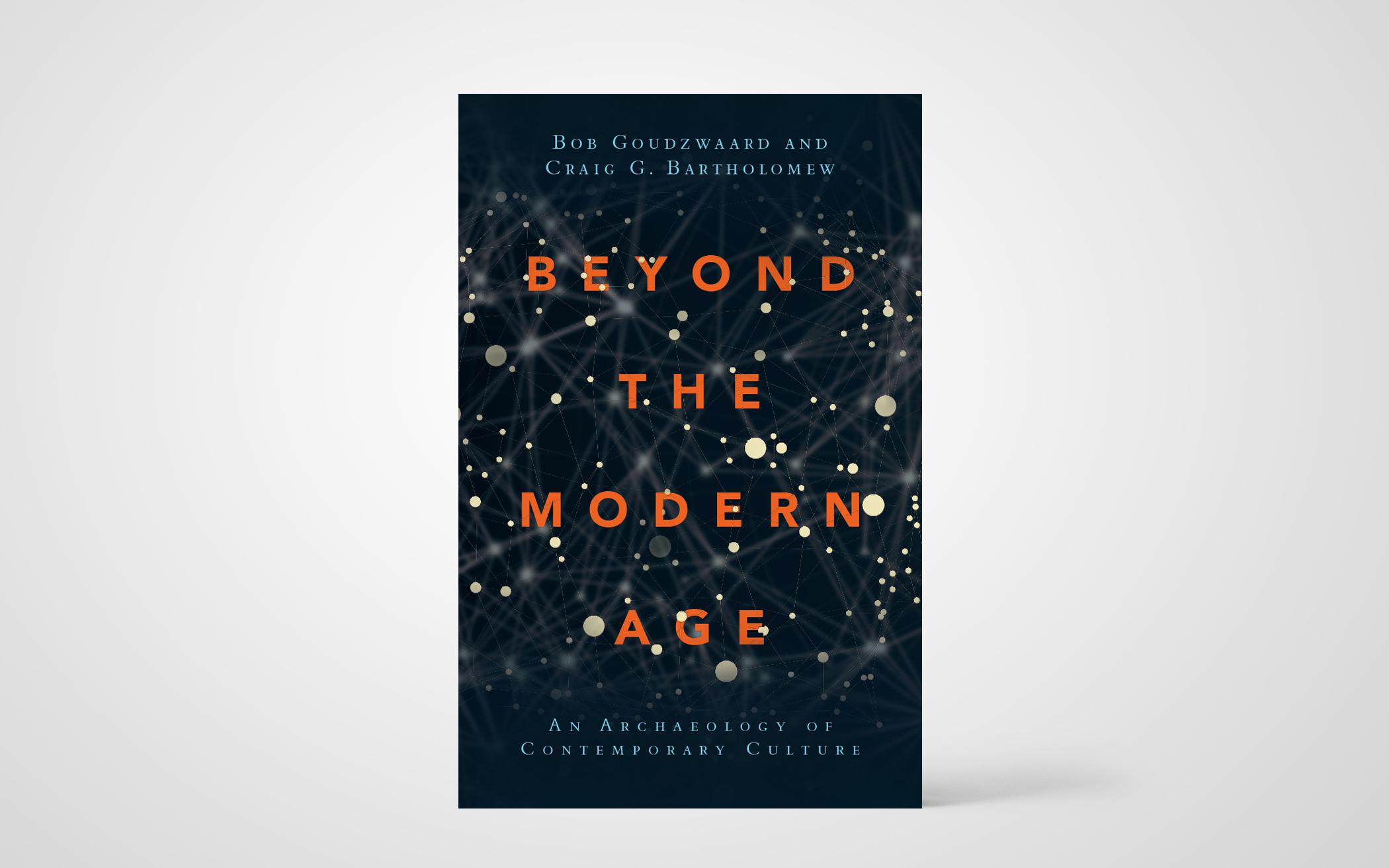The modern-age era of Western society emerged with promises of rational solutions to all our problems; these solutions have been pursued with an unshakeable faith in scientific, economic, and technological progress.
And yet: "Our society is environmentally and politically unsustainable." "Our world is broken . . . a world of crowded inhospitality." "Many people today are anxious, very anxious." "Failing states, unequal distribution of power, wealth, and poverty." These are students’ impressions of a vulnerable, volatile world. And it's these impressions that provide their professors, philosopher Craig Bartholomew and economist Bob Goudzwaard, a platform to explore the dashed promises of modernity.
Modernization has brought wealth, health, secularism, and toleration—but also crippling poverty, rampant consumerism, environmental degradation, costly militarization, and religious violence. For Goudzwaard and Bartholomew, these tensions are intrinsic to the modern age. They show us that modern worldviews create problems they cannot solve and leave unfulfilled our deepest human longings. A critique from outside modernity is needed to bring shalom to “deathwork” contemporary cultures (Philip Rieff).
Beyond the Modern Age is a thoughtful, critical, and practical response to the widely felt crises of modernity, yet one that isn’t reactionary or despairing. The authors are confident that the Christian story has the power to move us “beyond” the modern age and heal the scars of modernization. This is a book that challenges and provokes, and—with endorsements from both the former general secretary of the World Council of Churches and the current president of the Evangelical Fellowship of Canada—cuts across the theological and political spectrum. It is at the same time both deeply conservative in its appeal to the givenness of creation and to tradition and radical in its practical recommendations.
As an archaeology of contemporary culture, Beyond the Modern Age carefully sifts through the religious, cultural, and philosophical layers that make up the modern age. The authors engage with the expected “isms” (capitalism, utilitarianism, liberalism) and thinkers (Locke, Hegel, Freud, Nietzsche) but, in moving from excavation to construction, also introduce important conversation partners for thinking beyond modernity: Abraham Kuyper on pluralism, the Jewish philosopher Rieff on authority and sacred order, and the Catholic thinker René Girard on desire.
Throughout, Goudzwaard and Bartholomew write clearly and with nuance on complex topics and ideas that will appeal to college students, seminarians, professors wanting a textbook for worldview or social philosophy courses, or engaged laypeople. Further, they insist that Christians must not only understand modernity but must also act upon it as agents of healing, perhaps especially in response to the crisis of global poverty. “Christians in the West will need to develop, with the help of Christians from the South, a critical grasp of the bloated consumer cultures in which we live. And this critique will need to be accompanied by repentance and the widespread embrace of a simple lifestyle that strenuously resists consumerism.”
This is exemplary Christian scholarship: intelligent, relevant, rigorous, and deeply faithful to the biblical witness and Christian tradition. My only regret after reading it was that it wasn’t more “churchy.” It is difficult at times to see how the institutional church and local congregation, which is, after all, the herald of God's kingdom, fits into this program for social renewal. Others who have wrestled with the problem of modernity, including James K. A. Smith, Oliver O’Donovan, and Lesslie Newbigin, are stronger at this crucial point, and it’s curious that Goudzwaard and Bartholomew don’t seriously engage these other Reformed thinkers. (IVP Academic)
About the Author
Todd Statham is the Christian Reformed chaplain at the University of British Columbia (Okanagan Campus) and a research fellow at the Kirby Laing Centre for Public Theology in Cambridge.

